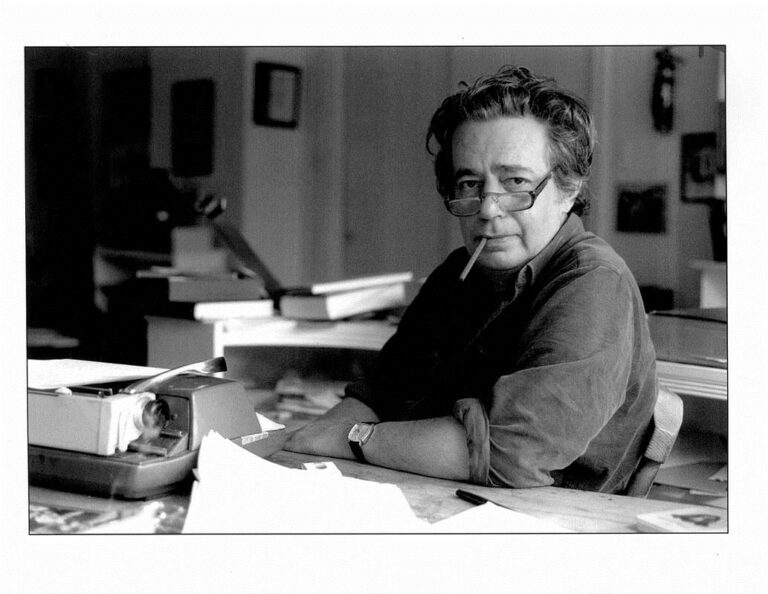Tidy This: An Imagined Conversation with a Popular Tidying Expert
We walk into my bedroom, where the Tidying Expert senses immediately that I have too many books. The term “book hoarder” is on the tip of her tongue. She wears a fresh mint-green cardigan and peers menacingly over a clipboard. “We’ll start by putting the books in the center of the room,” she says, pointing…







